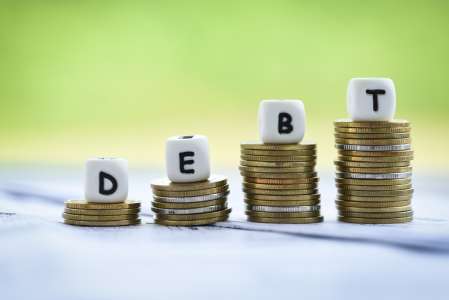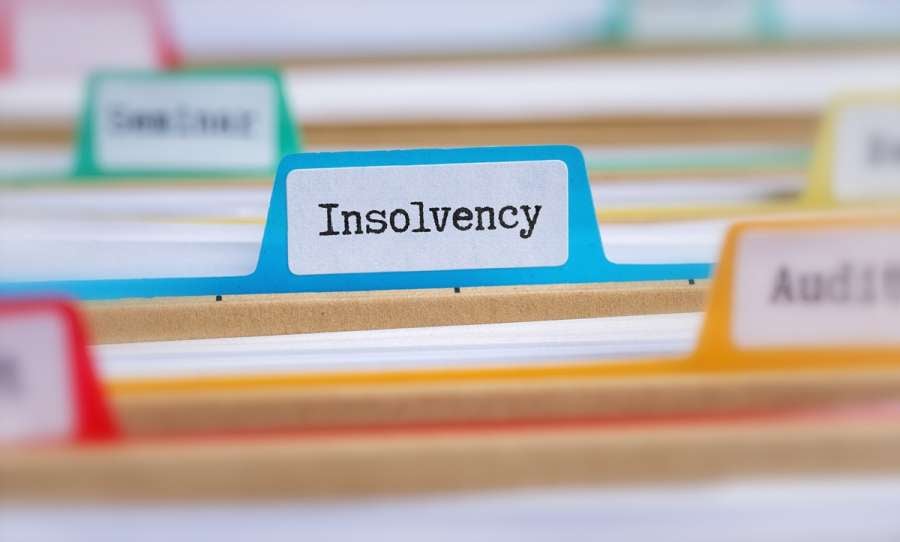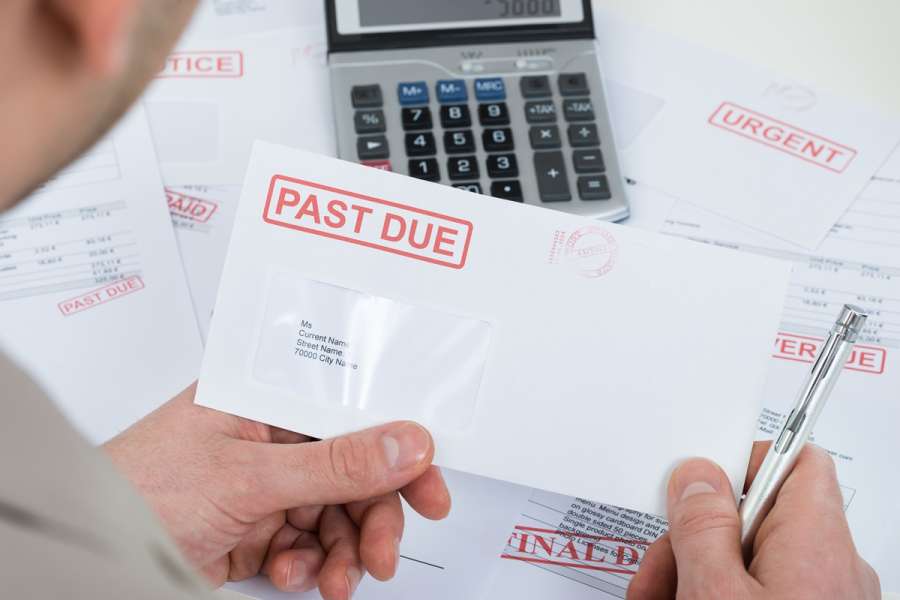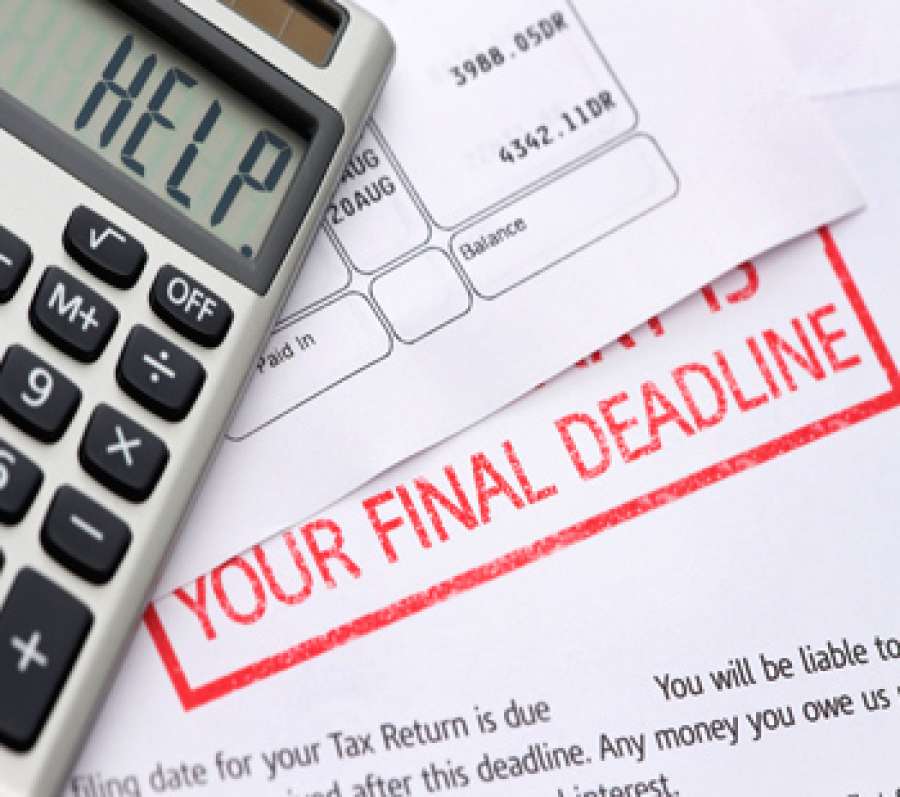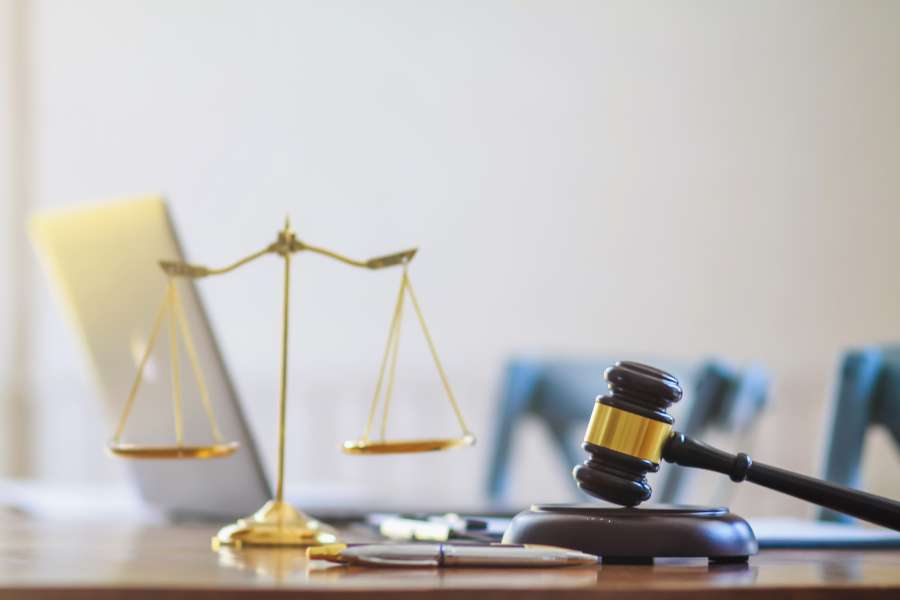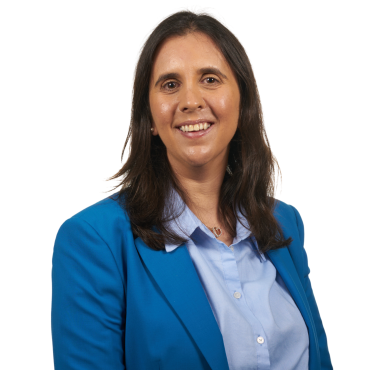When a bankruptcy order is made, the official receiver for the region where the bankrupt is resident, an insolvency practitioner based in the Insolvency Service in England and Wales, usually deals with the early stages of the bankruptcy process.
The official receiver will also be the individual’s trustee in bankruptcy unless an insolvency practitioner is appointed to take over that role.
In bankruptcy, the trustee will realise any assets the debtor owns (over and above any reasonable domestic items and items needed for the debtor’s job) to distribute the money obtained amongst the debtor’s creditors.
There is a statutory order in which creditors have to be paid, which means that secured creditors (for example, a mortgage lender) are paid first, followed by the costs and expenses of the bankruptcy, then preferential debts (for example, monies owed to HMRC) and then finally ordinary unsecured debts.
After that, any debts owed to the debtor’s spouse or civil partner are paid together with any postponed or deferred debts. Any surplus the trustee holds in bankruptcy once all debts and expenses have been paid is returned to the bankrupt.
